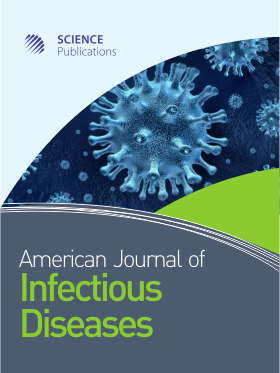Abnormal Glucose Regulation and Treatment Strategies for Insulin Resistance HIV-Infected Patients
- 1 Mass General Hospital and Harvard Medical School, United States
Abstract
HIV-infected patients receiving highly active antiretroviral therapy often demonstrate abnormalities in glucose regulation, in association with changes in fat distribution[1,2]. In the majority of cases, these abnormalities are best characterized by insulin resistance and impaired glucose tolerance, rather than overt diabetes mellitus and fasting hyperglycemia. Insulin resistance may result from direct effects of antiretroviral therapy, changes in fat distribution or abnormal regulation of fat metabolism and adipocytokines. Use of insulin sensitizing agents may be rationale to reduce cardiovascular risk and improve related metabolic and body fat abnormalities in HIV-infected patients.
DOI: https://doi.org/10.3844/ajidsp.2006.184.186

- 3,345 Views
- 2,314 Downloads
- 0 Citations
Download
Keywords
- HIV-infected patients
- abnormalities
- insulin resistance
- glucose regulation
